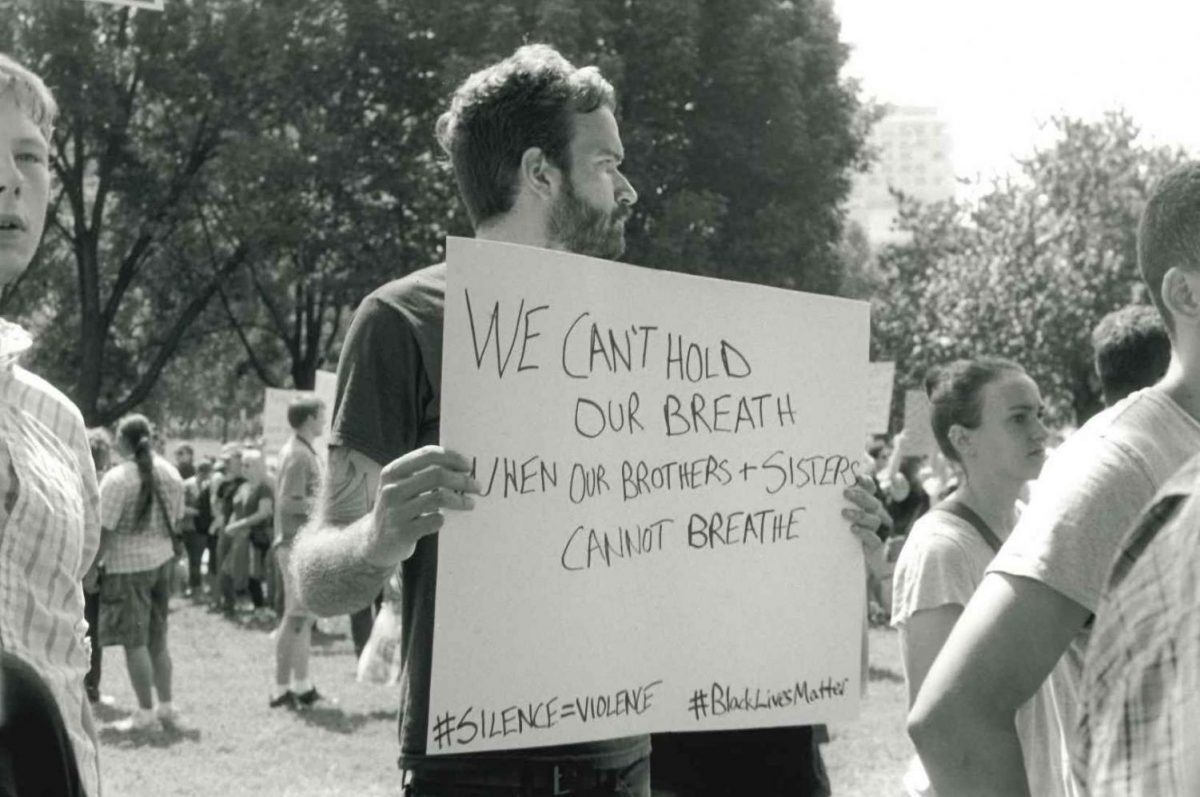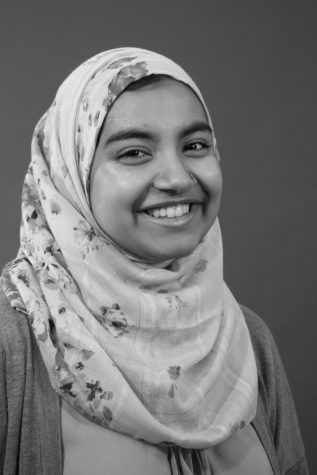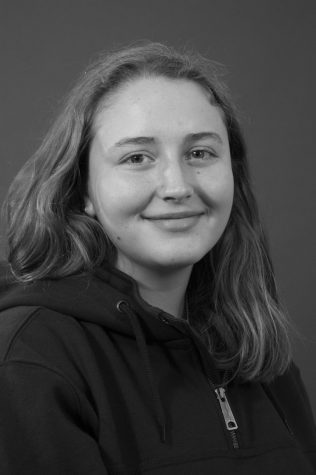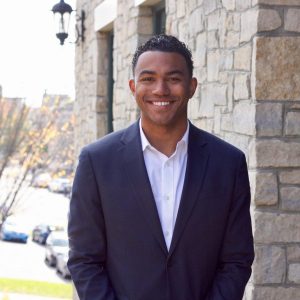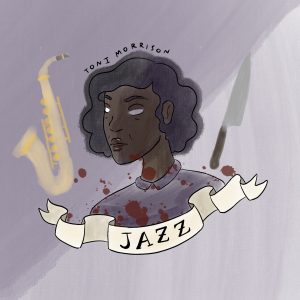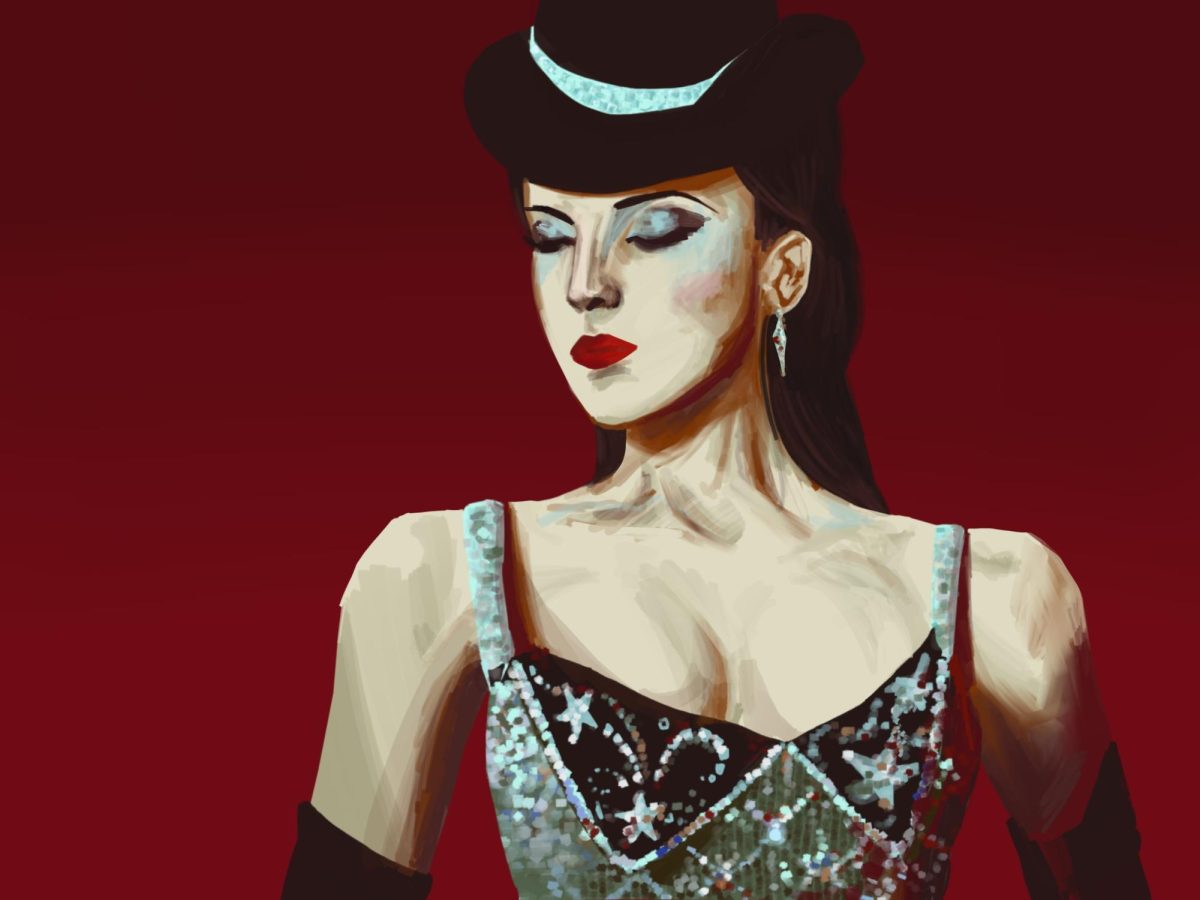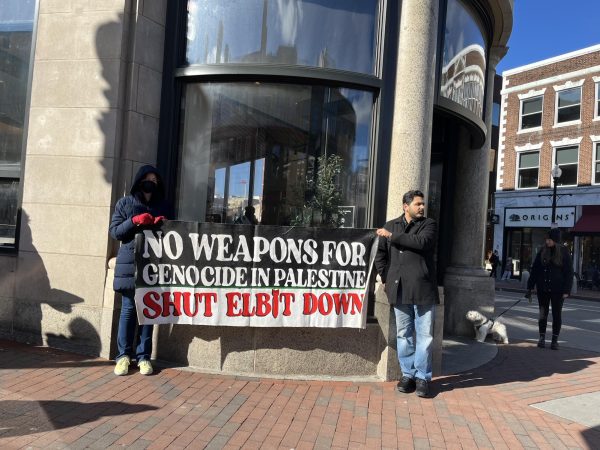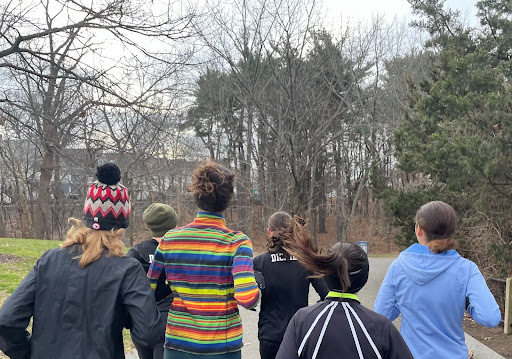Thousands Rally in Boston
Counter-Protesters Gathered in August in Response to Free Speech Rally
Boston Mayor Marty Walsh encouraged counter-protesters to stay home.
September 28, 2017
On Saturday, August 12th, white supremacists rallied in Charlottesville, Virginia, to protest the city’s plan to dismantle Confederate monuments. Civil rights groups and activists immediately responded, denouncing monuments that they said honor a Confederacy which served to maintain slavery and white power in America. The rally and ensuing counter-protest resulted in the declaration of a local state of emergency, the death of a counter-protester, and the injury of at least 19 others.
CRLS history teacher Mr. Kells reacted to the events, emphasizing that “the tragedy in Charlottesville just served as yet another strong reminder that we as a people have not come to terms with our racial history, and therefore have not agreed upon an understanding about how to move forward to forge a new path.”
Cities across the country organized counter-protest rallies the following Sunday; Boston hosted tens of thousands of protesters. Hundreds of police stood in the streets of Boston on August 19th to deter violence at a “Free Speech” rally featuring right-wing speakers. The day before the event, Boston Mayor Marty Walsh asked counter-protesters to avoid Boston Common, saying, “We’re urging everyone to stay away,” and emphasizing that the presence of counter-protesters would give more attention to far-right activists.
Ignoring a problem has never solved it—we cannot continue to ignore racism, ignore white supremacism, ignore neo-Nazis and pretend it’s not a problem.
— Monica Cannon
However, many residents of the greater Boston area did not heed that call, including youth worker Monica Cannon, who helped organize a “Fight White Supremacy” march as a counter-protest of the “Free Speech” rally held on the same day. Cannon told the Register Forum in a phone interview that she was driven to organize the march because “ignoring a problem has never solved it—we cannot continue to ignore racism, ignore white supremacism, ignore neo-Nazis and pretend it’s not a problem.”
Many CRLS students also took part in the day’s protests, including senior Alex Henriquez and senior Caroline Daley. Henriquez commented, “It [was] the biggest protest I’ve seen. … There were supposed to be, like, 40,000 people, and we started from Roxbury Crossing [and marched] to Boston Common. … That was the most satisfying four hours I’ve walked.”
Henriquez also commented on the the unwavering support of the counter-protest group, manifested in the chanting of marchers and in spectators waving out of building windows in solidarity. “The music was powerful, and because there was such a big crowd, by the time we got to the Common, the 30 Nazis were long gone,” Henriquez said, referring to the difference in turn-out between the “Free Speech” protesters and the counter-protesters.
Daley added, “The thing that stood out the most to me was [that] there were so many people with all these signs of solidarity and anger, and how supportive everyone was of one another.”
Henriquez emphasized the importance of standing up for one’s values, saying, “We should live in a no-hate zone, and we’re the ones who get to make our lives right for the people who are living it wrong.”
Mr. Kells’s takeaway was different, though: “I am extremely skeptical about how important student protest is right now,” he said, continuing, “For me, many of the current protests we are seeing from students are too passive. They appear to be more of an expression of frustration and anger with the system, but they offer very little resistance to the system.”
Kells concluded, “If you want to change our racial future, I’m not sure that taking to the streets to express your opinion is an effective tactic. Instead, befriending a person who doesn’t look like you, or having a genuine conversation with a person who doesn’t think like you, are—in my opinion—…more revolutionary act[s] than surrounding yourself with like-minded individuals at a rally.”
This piece also appears in our September print edition.

